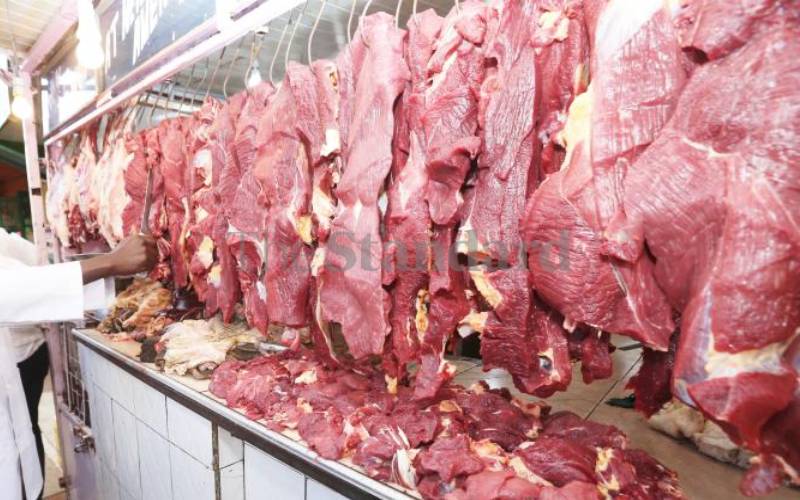×
The Standard e-Paper
Join Thousands Daily

A butchery in Nairobi. [Wilberforce Okwiri, Standard]
Meat is a delicacy for many. In terms of preference, chicken and pork rank considerably higher than beef, mutton, fish and rabbit meat. But, how safe is the meat Kenyans consume? Not very safe.